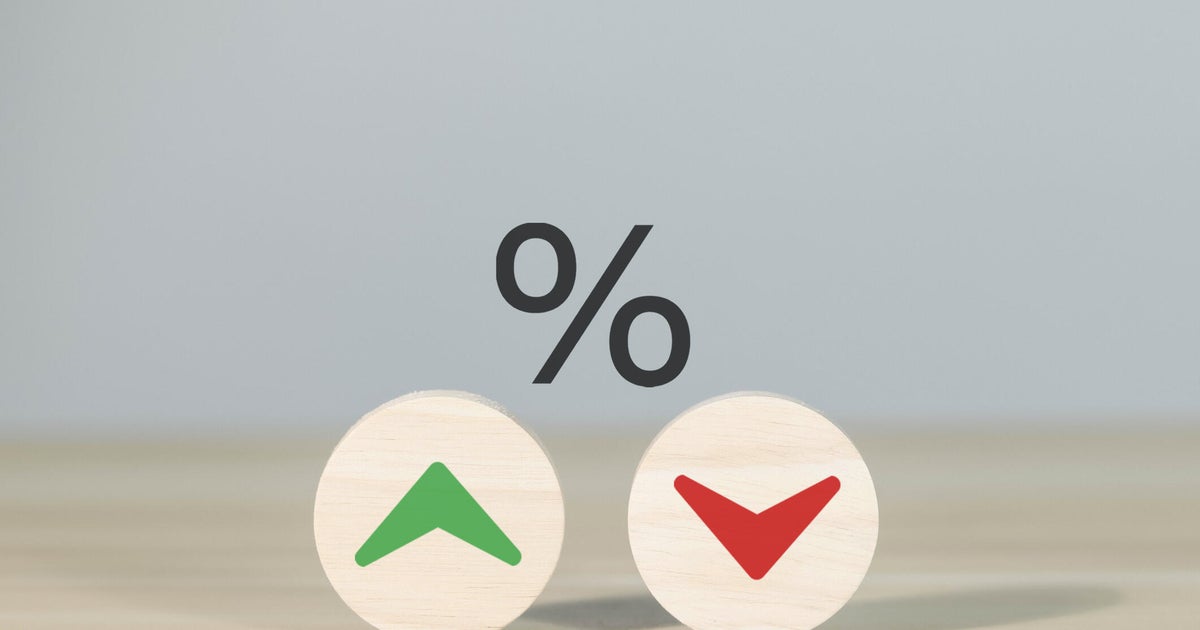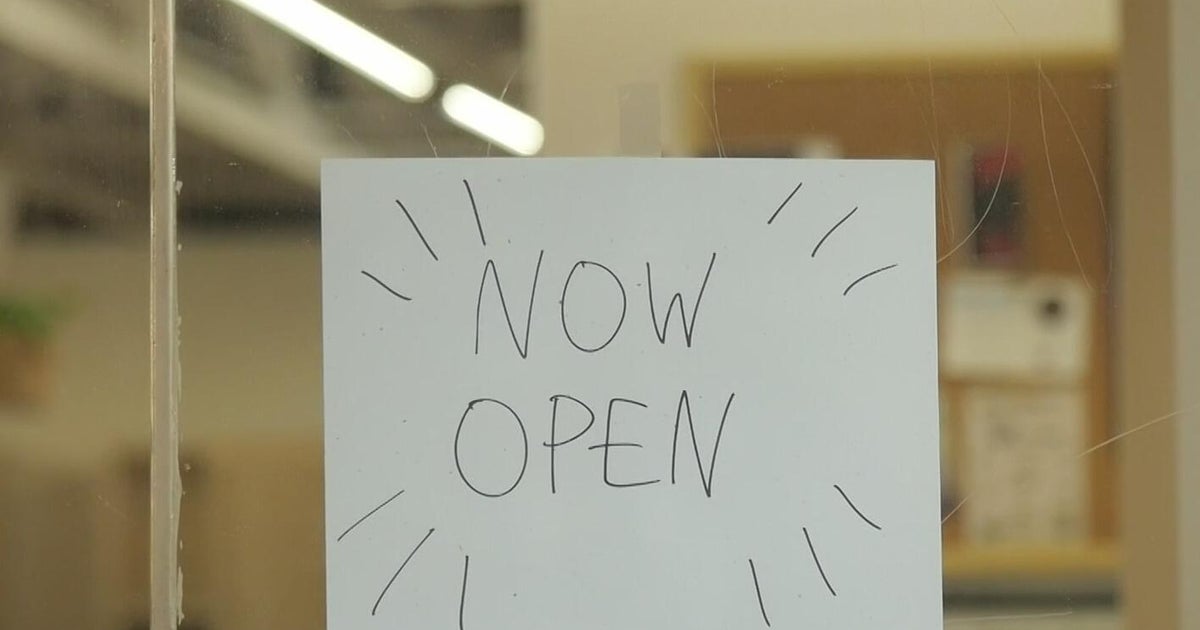Federal Reserve spooks bullish investors with hawkish message
Stocks are sagging, a sign investors are worried that the Federal Reserve is serious about finally taking the "punch bowl" away after years of dousing the economy with easy money.
Investors were spooked by the central bank's account on Wednesday of its last policy meeting. The message: The time is right to tighten monetary policy. That's because financial conditions -- higher stock prices, lower bond yields, easy credit terms -- are too lax, according to most members of the Federal Open Market Committee, which sets short-term interest rates. The minutes of the Fed's July meeting also make clear that it is ready to start getting its balance sheet in order. Many analysts expect that process, known as "quantitative tightening," to start in September.
While the Fe minutes were, on the surface, seen as dovish given the focus on the recent decline in inflation pressure and retail sales softness, the details were decidedly less so. Policymakers warned of "elevated vulnerabilities" to financial stability from high asset price, saying directly that monetary policy would run tighter "than otherwise was warranted" to address this risk.
So, while acknowledging that inflation risks were tilted to the downside, and with many officials wanting to see inflation bounce back before hiking rates again, others were ready to pull the trigger on balance sheet normalization in July.
The takeaway: A growing cohort at the Fed is frustrated that financial conditions have continued to ease since rate hikes began in 2015. Higher stock prices are a symptom of this trend. And until the markets gets spooked, these policy hawks are likely to keep the pressure on.
Why the focus on financial conditions? Because with the unemployment rate at just 4.3 percent and the country's ongoing economic expansion growing long in the tooth, Fed officials are concerned that cheap money could cause the economy to grow too fast in an environment of labor market tightness. That could unleash the kind of fuel wage-driven inflation that is hard to quell.
All this raises the stakes massively for the September jobs report just ahead of the Labor Day weekend. Another read on inflation will come on September 14 when the update on the Consumer Price Index will be released. The Fed will issue its next pronouncement on the economy and interest rates on September 20.
Assuming the economy stays on its current course, analysts at TD Securities believe the Fed will start drawing down its bloated $4.4 trillion balance sheet next month, reversing years of asset purchase stimulus. They note that the Fed's minutes omitted any discussion of possible hurdles, such as a contentious battle over the debt ceiling, that could interfere with this timeline.
This will likely give way to another rate hike in December, as the Fed minutes notes that "many" participants believe the balance sheet reduction would "contribute only modestly to the reduction in policy accommodation." In other words, they don't see this move as a substitute for rate hikes.
Reverse quantitative easing. Higher interest rates. Concern about high stock prices. Dismissive of low inflation readings. And less worry about political machinations in Washington. This is a far different Fed than investors have grown to know and love and hate over the last 10 years. And that's bringing out the sellers.



